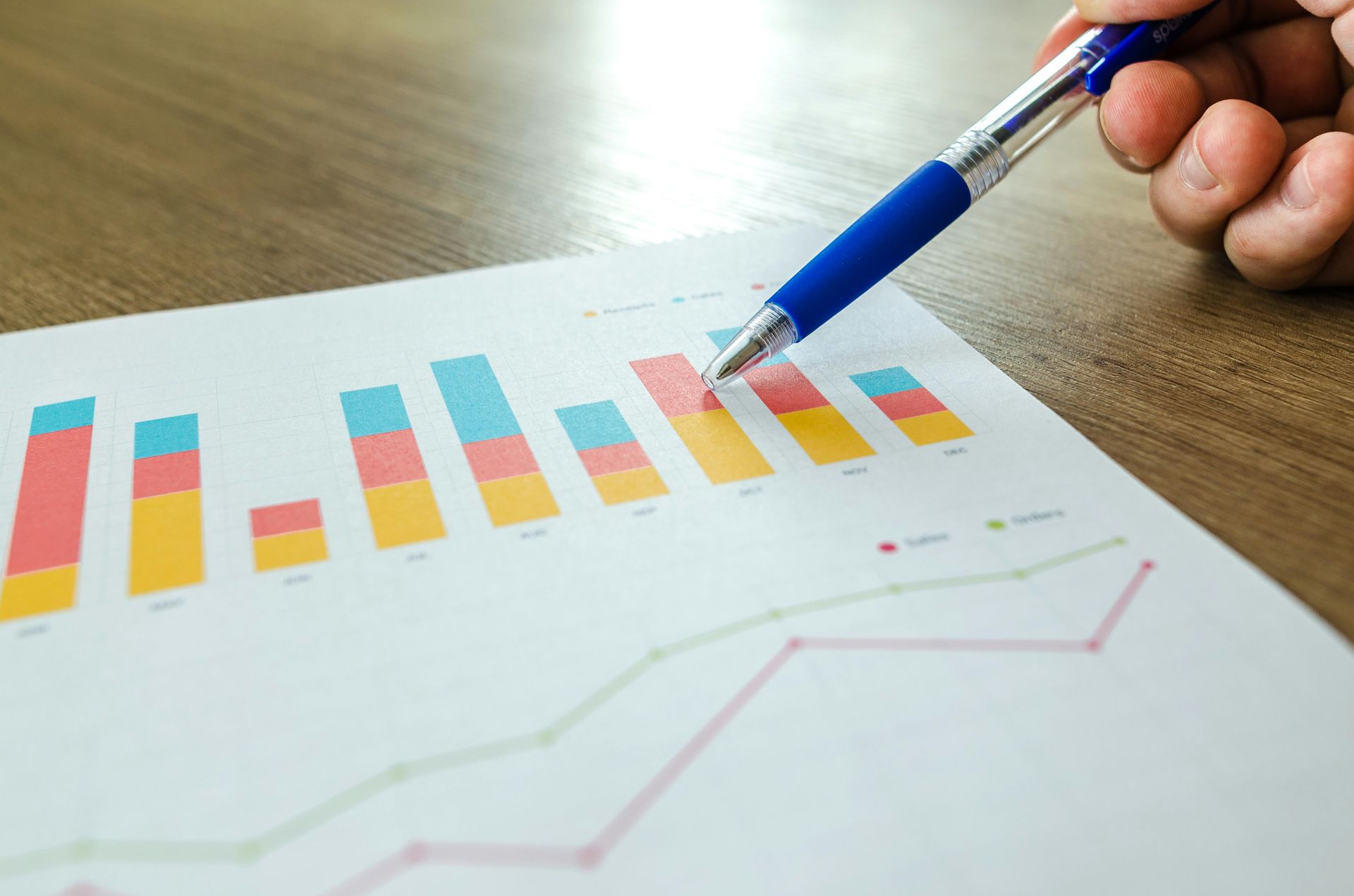How AI is Revolutionising Business
Artificial Intelligence (AI) has been a buzzword in the world of marketing for a while now. But what does it really mean for businesses, and can it really change the game? The short answer is yes - AI has the potential to revolutionise marketing in a big way. But before we get too excited, let's take a closer look at the pros and cons.
On the positive side, AI can help businesses make sense of vast amounts of data, allowing for more targeted and personalised marketing campaigns. By analysing customer behaviour and preferences, AI can help businesses predict what their customers want and when they want it. This can lead to more efficient and effective marketing strategies, which ultimately means more revenue.
But AI isn't all sunshine and rainbows. There are some downsides to consider, too. For one, there's the risk of over-reliance on AI, which can lead to a loss of the human touch in marketing. After all, marketing is as much an art as it is a science - and sometimes, the intangible human element is what makes a campaign successful. Additionally, there are concerns around data privacy and security, as AI relies heavily on user data to function.
So, where does that leave us? Should we embrace AI with open arms, or be wary of its potential pitfalls? The truth is, there's no easy answer. But what we can say is this: AI is here to stay, and it's up to us to use it responsibly and creatively.
- Here are some practical ways that AI can help marketers and businesses:
- Personalisation: AI can analyse customer data and preferences to create personalised marketing campaigns that speak directly to each individual customer's needs and wants.
- Predictive Analytics: AI can use past behaviour and data to predict future customer behaviour and preferences, allowing businesses to adjust their marketing strategies accordingly.
- Content Creation: AI can create personalised content tailored to specific customer segments, saving time and resources while increasing engagement.
- Chatbots: AI-powered chatbots can handle customer inquiries and support, freeing up human customer service representatives to focus on more complex issues.
- Targeted Advertising: AI can analyse data to identify specific audiences for targeted advertising campaigns, resulting in more efficient use of advertising spend and better conversion rates.
- Sentiment Analysis: AI can analyse social media and other online platforms to gauge public sentiment about a brand or product, helping businesses to adjust their messaging and respond to negative feedback.
- Fraud Prevention: AI can help prevent fraud by analysing data and flagging suspicious behaviour, protecting businesses from financial losses and reputational damage.
Yes, AI has the potential to transform marketing in exciting ways. But we can't forget that at the end of the day, marketing is about connecting with people - and that's where the human touch comes in. By finding the right balance between AI and human creativity, we can create marketing campaigns that are both data-driven and emotionally resonant.
So, let's embrace the power of AI, but let's not forget the importance of the human touch. Let's use AI to make our marketing campaigns more efficient, more personalized, and more effective. But let's also remember that at the end of the day, it's the people who matter most. By keeping that in mind, we can create marketing campaigns that truly connect with our customers, no matter how advanced the technology may be.
P.S this was written by AI













